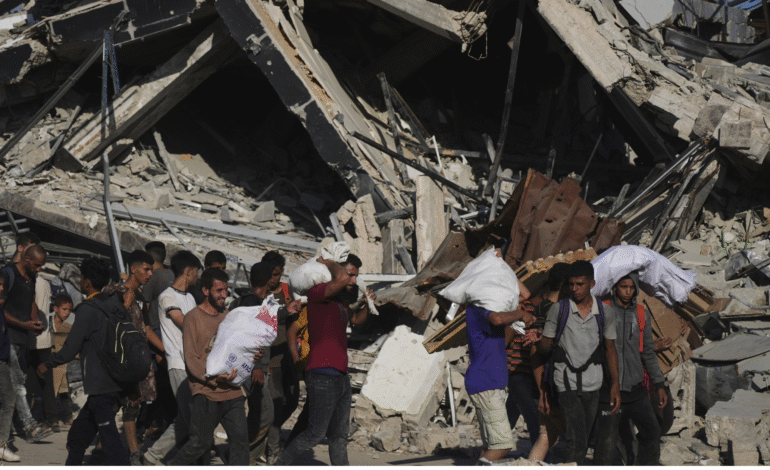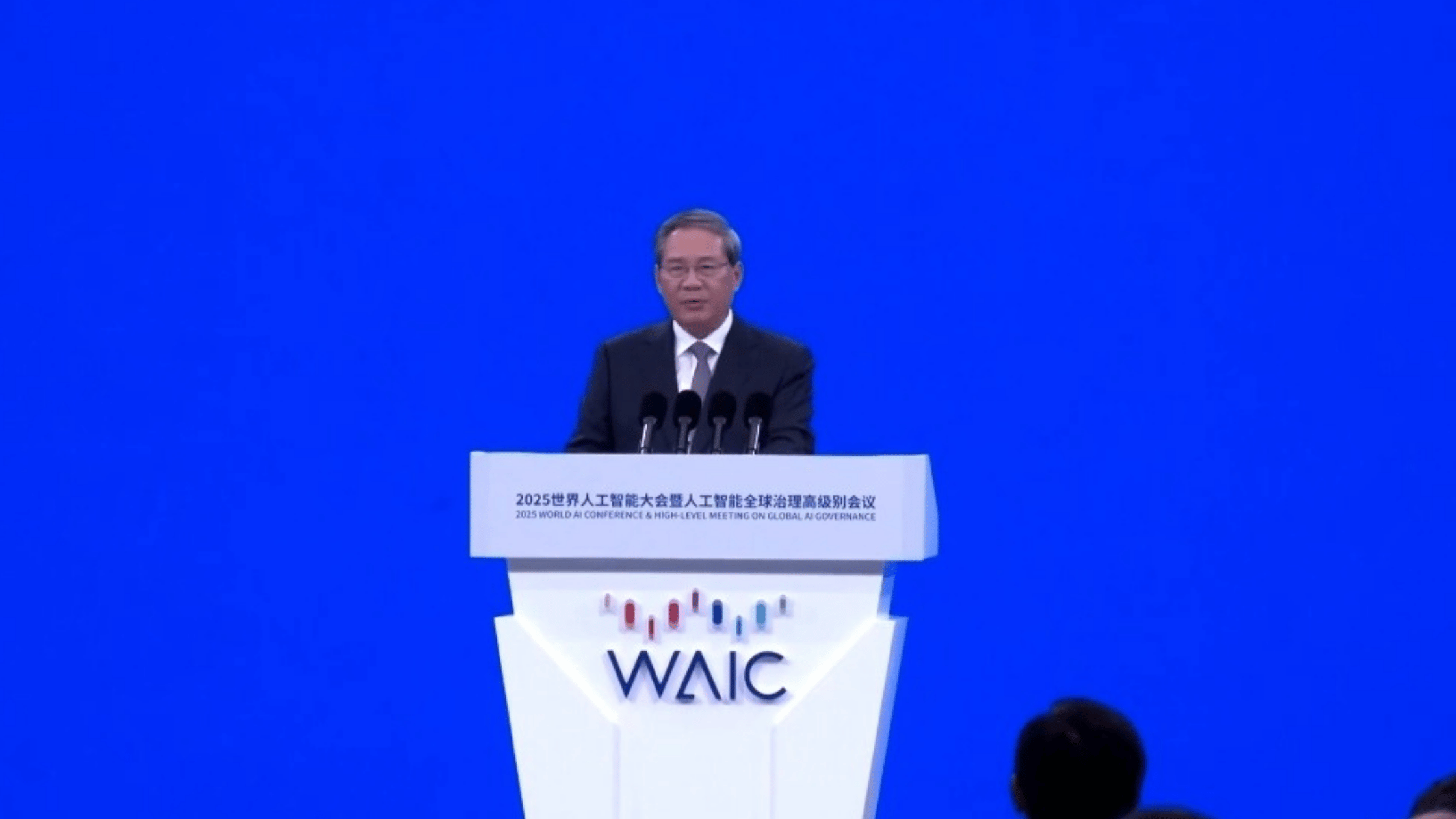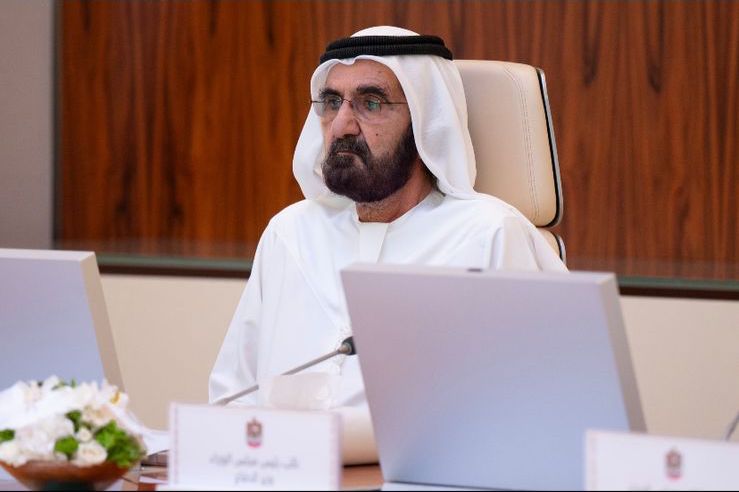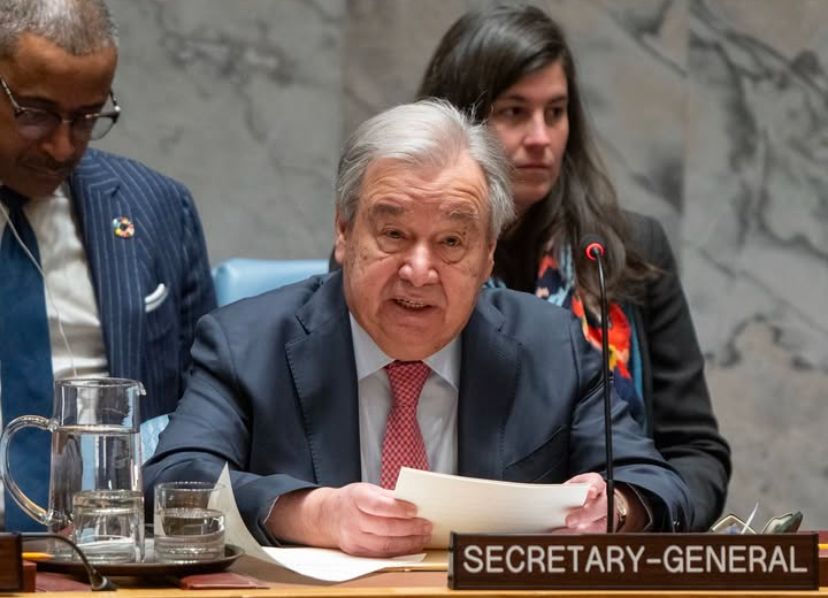UAE Condemns Israeli Settler Attacks in West Bank’s Kafr Malik

The United Arab Emirates has issued a strong condemnation following violent attacks by Israeli settlers in the occupied West Bank. The UAE’s Ministry of Foreign Affairs (MoFA) released a statement denouncing the most recent incident in the village of Kafr Malik near Ramallah, where Palestinian civilians were killed and injured. The Ministry warned that such acts of aggression demand accountability and immediate intervention to prevent a dangerous escalation in the region.
The statement, which reflects the UAE’s longstanding support for regional stability and peace, emphasized that the Israeli government must take full responsibility for these repeated violations. The Ministry called for full protection of civilians, in line with international laws and treaties, and urged the global community to halt the ongoing violence.
Violent Incident in Kafr Malik Sparks International Condemnation
On the backdrop of increasing tension in the West Bank, the Palestinian village of Kafr Malik became the latest target of Israeli settler attacks. Reports from the ground describe violent incursions where settlers stormed homes, assaulted residents, and caused destruction that resulted in the death and injury of multiple Palestinians.
This incident is part of a concerning pattern of violence, where armed settlers, often acting with impunity, attack Palestinian communities. International human rights organizations have raised alarms about the growing frequency and severity of such actions. The UAE condemns Israeli settler attacks in the strongest terms, viewing them as a threat to peace and regional stability.
UAE Holds Israel Responsible for Settler Violence
In its official statement, the UAE directly addressed the Israeli government’s obligation to act. The Ministry of Foreign Affairs declared that Israel must assume full responsibility for the safety of civilians in the occupied territories. It condemned the acts of violence as hostile practices that contradict international norms and deepen cycles of hatred and instability.
The UAE stressed that failure to act would be seen as silent approval of these aggressions. The Ministry warned that inaction legitimizes extremism, fuels racial discrimination, and jeopardizes all efforts toward peaceful coexistence. By calling for accountability, the UAE reiterates its commitment to justice and the rule of law.
Civilian Protection as a Legal and Humanitarian Imperative
The UAE’s condemnation of Israeli settler attacks is rooted in international humanitarian law, particularly the Geneva Conventions, which obligate occupying powers to ensure the safety of civilians under their control. The Ministry reminded all parties that the targeting of civilians—either through direct attacks or by failing to prevent them—is a violation of global legal frameworks.
In the case of Kafr Malik and other affected Palestinian areas, the UAE urged Israel to provide immediate and adequate protection to vulnerable communities. It also called on international bodies to monitor the situation and ensure that international obligations are upheld consistently.
The UAE Warns Against Escalating Hatred and Instability
Beyond the physical toll of such attacks, the UAE’s statement focused on the broader consequences of repeated settler violence. The Ministry noted that unchecked aggression breeds further hatred, polarization, and instability. The longer the perpetrators remain unpunished, the more entrenched cycles of retaliation and racism become.
The UAE emphasized that hate-driven violence has no place in a modern, rules-based global order. It urged political and community leaders to speak out clearly against such actions, fostering dialogue instead of division. The condemnation of Israeli settler attacks by the UAE aims not only to highlight injustice but also to stop the spread of long-term conflict drivers.
UAE Calls on International Community to Take Responsibility
A critical element of the UAE’s statement was its appeal to the global community. The Ministry stressed that world powers, the United Nations, and international organizations must act decisively to prevent further deterioration of the situation. The UAE called for collective efforts to halt Israeli violations, prevent bloodshed, and support diplomatic solutions.
The UAE condemned Israeli settler attacks and insisted that global inaction would only embolden perpetrators. It advocated for proactive diplomacy, humanitarian support, and strict accountability mechanisms to ensure justice. The UAE also reaffirmed its readiness to cooperate with all efforts that aim to end hostilities and bring peace to the region.
Preserving the Two-State Solution and Advancing Peace
Central to the UAE’s stance is its commitment to the two-state solution, which envisions an independent Palestinian state based on the 1967 borders with East Jerusalem as its capital. The UAE warned that illegal settlements, land seizures, and violent settler attacks gravely undermine this vision.
The Ministry stated that such actions make a just and lasting peace increasingly unattainable. The UAE reiterated its support for all international and regional initiatives that seek to revive the peace process and protect the political rights of Palestinians. Its condemnation of Israeli settler attacks aligns with its long-term advocacy for a comprehensive, negotiated resolution to the conflict.
UAE’s Historical Support for Palestinian Rights
The UAE has long championed the rights of the Palestinian people in regional and international forums. Despite normalizing relations with Israel through the Abraham Accords in 2020, the UAE has maintained a principled stance against any illegal or violent activities targeting Palestinians.
The condemnation of Israeli settler attacks is consistent with the UAE’s broader diplomatic and humanitarian policies. UAE officials have repeatedly called for the end of settlement expansion, protection of Palestinian civilians, and adherence to international law. This approach underscores the country’s balanced and ethical foreign policy, centered on human dignity and justice.
Kafr Malik: A Reflection of Broader West Bank Turmoil
The attack on Kafr Malik is emblematic of a disturbing trend across the occupied West Bank. Human rights monitors have documented a sharp increase in settler violence, ranging from arson and property destruction to armed assaults and intimidation. Such incidents are often carried out in full view of Israeli forces, raising concerns over complicity or negligence.
These developments severely disrupt the daily lives of Palestinian communities and erode prospects for peace. The UAE’s condemnation brings international attention to these violations and reinforces calls for urgent action to protect civilians and halt the crisis.
The Urgency of Renewed Diplomatic Engagement
The UAE used the incident in Kafr Malik to stress the need for renewed diplomatic engagement. It urged all stakeholders to resume peace negotiations grounded in international law and mutual respect. The Ministry emphasized that peace cannot emerge without stopping violence and restoring faith in dialogue.
The UAE’s call for a political solution also included a reminder of the consequences of prolonged inaction. It argued that the longer injustice prevails, the harder it becomes to heal wounds and build a shared future. Through its statement, the UAE invited the world to reject complacency and work together toward peace.
A Principled Stand for Regional Peace and Security
By condemning Israeli settler attacks and demanding accountability, the UAE continues to position itself as a responsible and constructive voice in Middle Eastern affairs. Its statement following the Kafr Malik incident is not only a reflection of national policy but also a broader commitment to regional peace, civilian protection, and international cooperation.
The UAE’s message is clear: peace can only be achieved through justice, legality, and respect for human rights. Violence must be condemned wherever it occurs, and all actors must be held accountable to ensure a future based on stability and equality for all.







